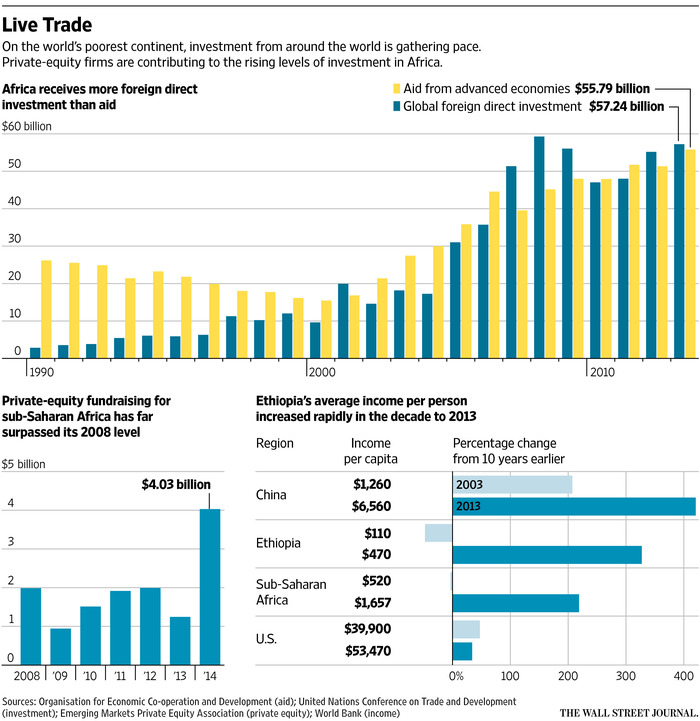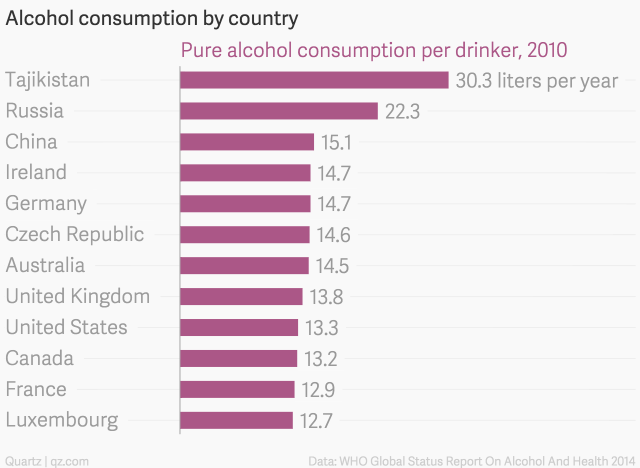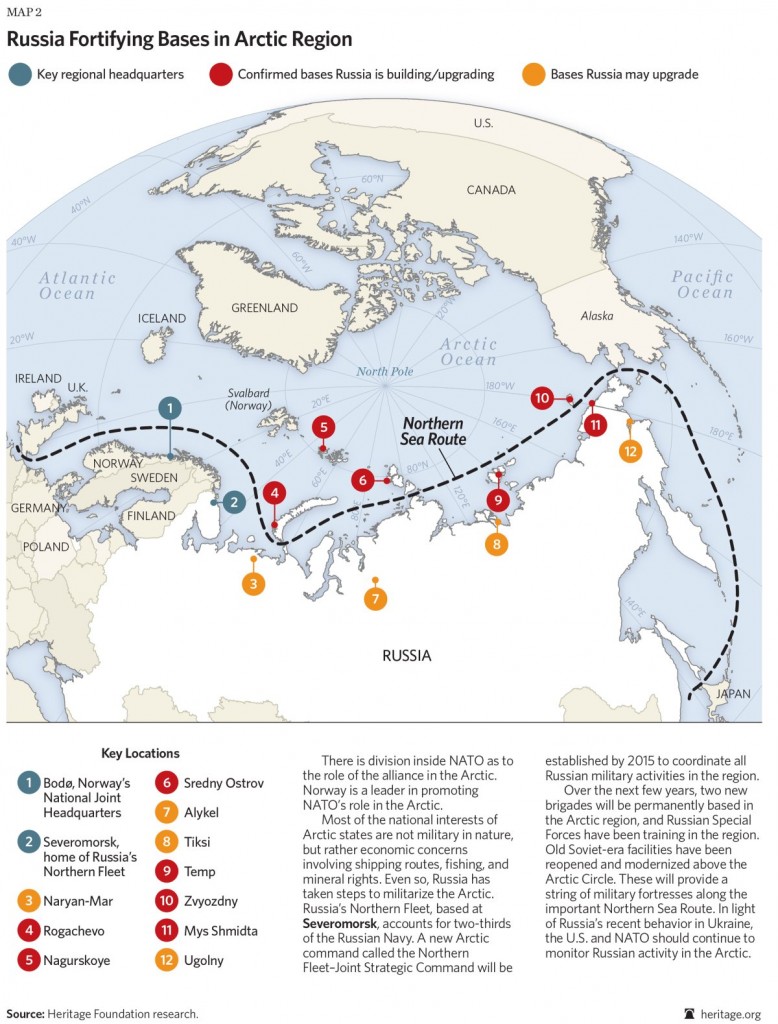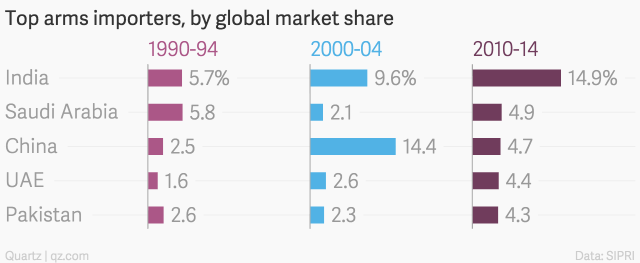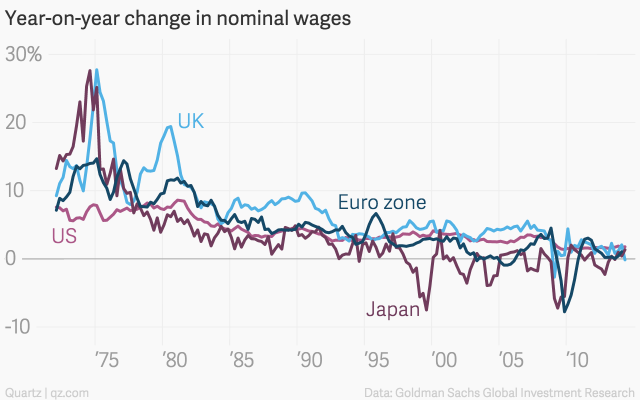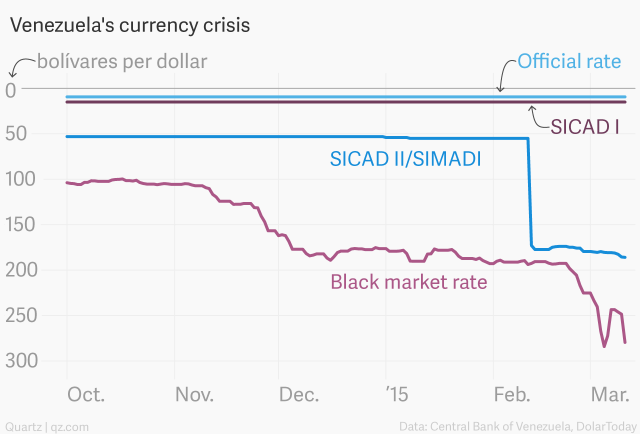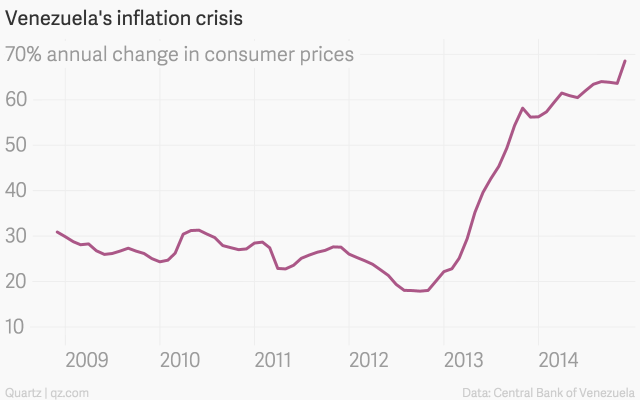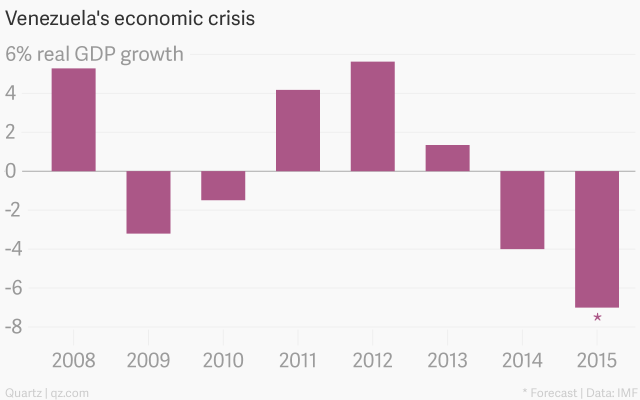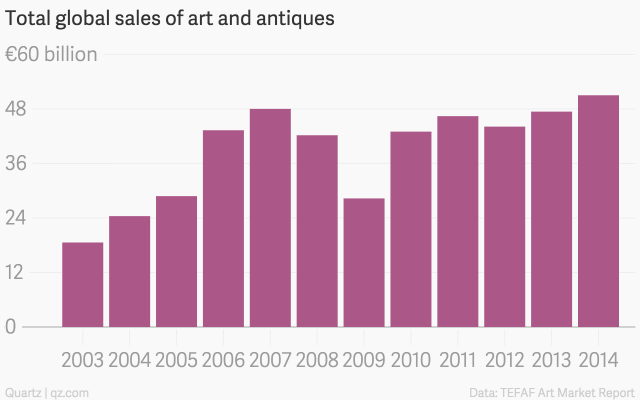The internet is AWESOME but it’s screwing us royally
I love reading the Ad Contrarian. He’s hilarious.
This is one of his most pithy statements:
“As an advertising medium, the web is like communism. It’s never very good right now, but it’s always going to be great some day.”
I kind of agree. As an engine of incredible efficiency, the web is awesome.
But, it’s also getting harder to disguise the fact that it is screwing most of us royally.
Economically speaking, if you are a member of the 1% or a coder, the internet has been a real boon to your bottom line.
For the rest of us, not so much.
The internet is not growing the economy, it’s eating it.
Technologies of the past created jobs, explains today’s Harvard Business Review. The internal combustion engine, for example, created the automative industry and led Henry Ford to double the pay of assembly line workers to $5 a day.
Ford famously reasoned that if he paid his workers more, they could buy one of his cars.
 The automotive industry also created a large demand for other products. It needed steel, coal, glass, oil fields, bridges.
The automotive industry also created a large demand for other products. It needed steel, coal, glass, oil fields, bridges.
It created lots of jobs.
Cars also created suburbia, shopping centres and more well paid workers who bought clothes and appliances and holidays – creating still more jobs. It was a virtuous circle.
So far the internet has been very good at killing jobs, not creating them.
Amazon’s efficient distribution system can replace retail stores and their employees. Their warehouses use robots instead of workers.
We need less retail space, along with the people who build and maintain them.
Yet while the internet has made shopping more efficient it has had no effect on per capita sales.
While US retail sales have increased 0.6% a year for the last ten years, employment in retail and wholesale has dropped from about 21.2 million in 2000 to 19.9 million in 2010.
At the same time, the internet has allowed companies to create vast profits with few employees.
In 2013, Amazon ran at a $74 billion revenue rate and had around 110,000 employees or a little over $670,000 in sales per employee.
But no matter! New technologies will create new opportunities that will offset these effects of displacement. Won’t they?
Well… the number of new cars purchased by people 18 to 34 years old has fallen in the US by almost 30%. This group are spending their money on smartphones and bandwidth instead.
So it follows that if we want to offset the effects of the most powerful efficiency engine the world has ever known, then we will need to be smart.
Infrastructure investments that match needs like higher bandwidth connections and slick public transportation that will take the place of cars is a great start.
What else?
Posted in: Infographic of the day | Leave a Comment
